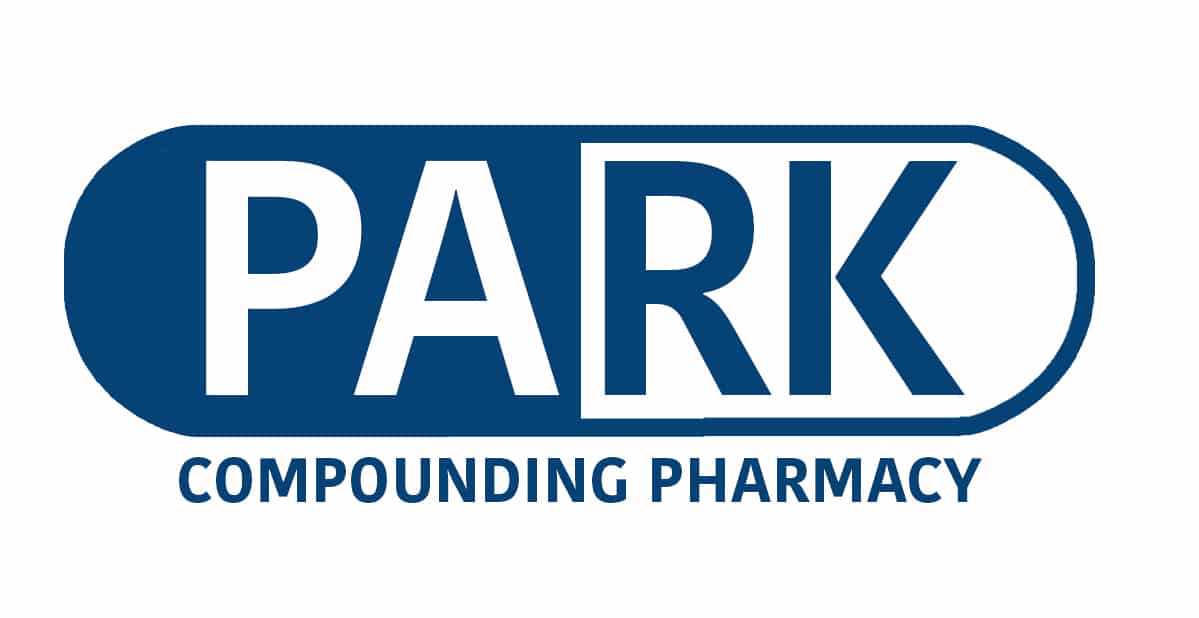Key Points
- LDN is a lower dose of the FDA-approved drug naltrexone, which has been used for many years to treat opioid addiction.
- Evidence continues to grow that LDN can be an effective treatment for a variety of conditions including Crohn’s, lupus, fibromyalgia, and multiple sclerosis.
- LDN can only be obtained from a compounding pharmacy since the lower dosages of naltrexone are not FDA-approved.
LDN Advantages
- Low cost: LDN is an especially affordable medication for patients without insurance. Most patients can afford the monthly cost to obtain it from a compounding pharmacy. On-patent medications for many diseases can be much more expensive.
- Low side effects: At the lower doses, naltrexone exhibits almost no side effects and is safe for most patients.
- No known abuse potential: Low dose naltrexone does not produce any euphoric effects and abuse of the medication has not been reported. There is also no evidence of dependence, with symptoms returning slowly to baseline after cessation.
What is LDN?
Naltrexone is an opioid receptor antagonist that was approved by the FDA in 1984 for the treatment of opioid addiction. “Low dose” naltrexone refers to use of a daily dosage that is approximately 1/10th of that used to treat opioid addiction. At this lower level the drug behaves differently, exhibiting anti-inflammatory actions and beneficial effects on the immune system. LDN has been used clinically since the 1980s but there was not a widespread interest in its varied therapeutic uses until more recently.
Low dose naltrexone had its first human trial in 2007 and since then has shown promise as a treatment for a variety of medical conditions. Efficacy in treating fibromyalgia, Crohn’s, multiple sclerosis, and lupus has been documented in clinical studies. Many other conditions may benefit from the positive effects LDN has on the immune system and new therapeutic uses are continuing to be studied.
How Does LDN Work?
LDN enhances endogenous opioid production which leads to a number of therapeutic effects. In particular the drug has an effect on production of endorphins like Opiate Growth Factor (OGF), which influences cell growth and immunity. The conditions that benefit from LDN point to a connection with the drug’s ability to increase endorphins and improve the immune system. Bone marrow progenitor cells, macrophages, natural killer cells, immature thymocytes, T-Cells and B-Cells are all affected by endorphin management.
Why is a Lower Dose Necessary?
LDN blocks receptors for only a few hours after which it is excreted naturally. The low dosage of naltrexone produces a “rebound” effect that persists for about one day. This effect does not occur with higher dosages. Once the medication leaves the body, the highly sensitized receptors are able to better utilize the extra endorphins produced. Low dose naltrexone leads to both better production of OGF and also more efficient utilization.
What Does LDN Treat?
The possible conditions that can be treated with LDN are numerous and healthcare providers have been using it as an alternative therapy for many years. There is evidence that LDN can improve chronic diseases like Crohn’s, multiple sclerosis, and fibromyalgia, degenerative brain disorders like Alzheimer’s and Parkinson’s, diseases of the immune system, and many other conditions. Since endorphin production is tied to the immune system and many processes of the body, it is possible many diseases can benefit from low dose naltrexone. LDN continues to be studied even while healthcare providers use it regularly for the positive therapeutic effects they observe in patients.
Why It Is Unlikely LDN Will Be FDA-Approved
The original drug patent on naltrexone has expired, which makes the testing and development for new uses of the drug less profitable for pharmaceutical companies than developing new medications. Additionally the diseases that LDN shows promise for treating are mostly rare. A drug that treats a rare condition provides less of a financial incentive for investing in development. It is likely that low dose naltrexone will continue to be used “off-label” as long as pharmaceutical companies do not see a financial benefit in pursuing FDA approval. Still, clinical trials are being conducted and interest in further research in treating immunological disorders has only increased in recent years among healthcare providers.
Experience You Can Trust
Park Compounding Pharmacy provides a full range of customized formulations for a variety of conditions and offers LDN in multiple dosages. We specialize in the formulation of drugs that are not commercially available. Backed with advanced technology and a complete inventory of chemicals and formulas, your prescriptions will be prepared individually to the highest standards in our accredited pharmacy.








What ingredients are added to LDN?
PLS, provide a complete list.
Is a script necessary?
Thx
There are no ingredients added to LDN, only filler as needed for the capsules. A prescription is required for LDN.
Pingback: LDN for Dermatological Conditions - Treating Skin Disease with LDN
I’m interested in trying LDN. Does one have to go to a naturopath to get a prescription for it?
Can I order thru you? I live in Beaverton, Or.
Yes we do offer LDN and you can order through us. You can get a prescription from any doctor, however naturopaths are the most frequent prescribers of it. We do need a prescription before we can ship LDN.